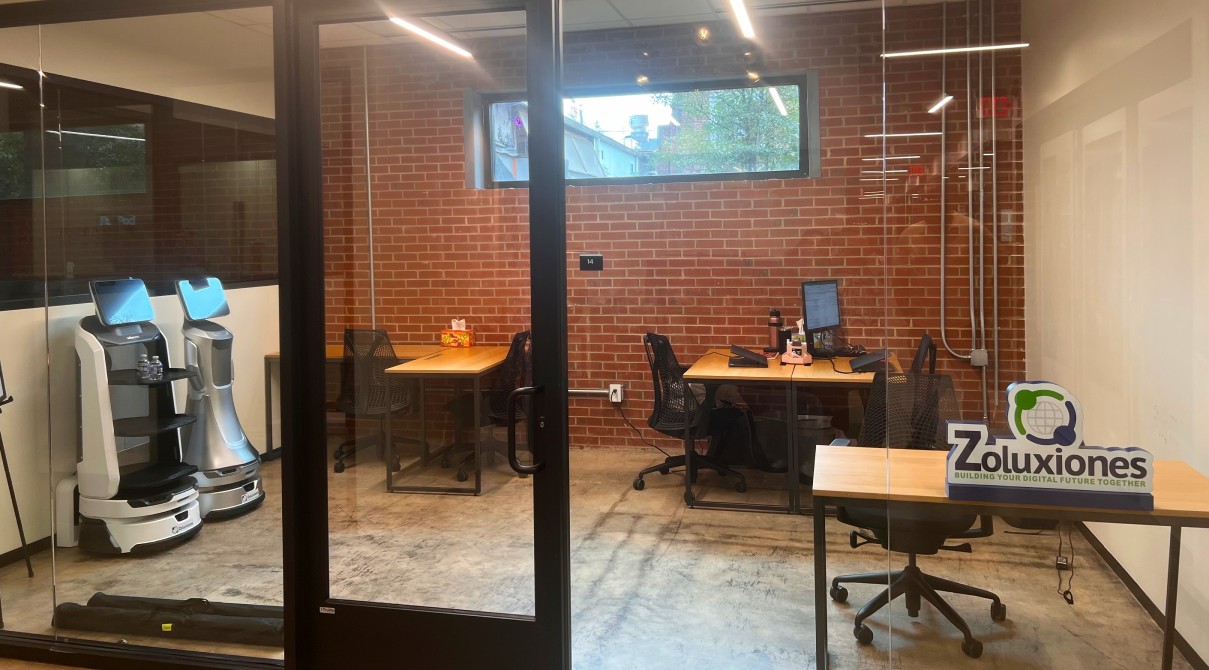This website uses cookies so that we can provide you with the best user experience possible. Cookie information is stored in your browser and performs functions such as recognising you when you return to our website and helping our team to understand which sections of the website you find most interesting and useful.

calendar_month 19 Oct 2021
bookmark Articles
The quality of the software in mobile applications as an impacting element in the service, reputation and digital presence
Today the use of mobile devices has ceased to be a luxury to become a necessity and users with these devices have multiple functions at their fingertips, such as controlling their income and expenses, purchases, sales, statistics to the management of their businesses. These and other functions are possible thanks to the software for these devices known as “APPs”.
The developers of these “APPs” in the search to cover the greatest number of needs are creating diverse applications of different formats with different purposes and a great variety of functionalities. But in this great wave of applications many of them tend to become obsolete because they do not adequately fulfill their original function or simply cannot be downloaded due to a bad reputation among consumers regarding their use and efficiency.
For this reason it is important to apply software quality control in mobile applications. This mechanism is used to have a software with certain quality parameters more robust, secure, fault-intolerant and resilient. Likewise, quality control revolves around tests that are carried out in aspects such as the format of the codes, security tools and monitoring tools of its own application. This has allowed for an evolution in the production of applications. A clear example is the programming language in which previously both in Android and in iOS the codes were extensive and complicated. In both operating systems there was no demand from the unit test markets, which made the applications unreliable. Today this paradigm has been solved. The “ethical hacking” that was only applied in computer software now also guarantees greater security for mobile applications and thanks to unit tests, security and encryption have improved the quality of the systems.
In this sense it is important to have a clear methodology that allows compliance with software quality standards. This methodology should allow better control of the expected quality parameters in mobile applications. At the beginning the greatest value was given to functionality so that only information of this type was found in the open documentation however the aspects to be evaluated were expanded and the methodologies were transformed. An adequate methodology currently must contemplate among many patterns, a View Model View Model (MVVM). This model seeks to decouple the components since this allows the view (interface) not to function and in this way, in the event of possible failure due to this, only a part of the architecture is modified.
Another relevant aspect is the unit tests since the previous pattern allows ungrouping the logic of the view and with these tests the operation can be simulated to corroborate that the application meets the functional requirements. Subsequently, having checked the logic it is necessary to ensure that there are no hidden parts in the architecture whether they are duplicate codes, comments, among others, if it is the case a formatting is carried out. Additionally to this it is necessary to apply ethical hacking, in charge of a third company. This is to test the application by trying to change parameters, access restricted functions, breach security, or even crash the system.
By testing each of the mentioned points having certain quality parameters for them, it is possible to have an application as a high level of quality by integrating for aspects that are important in the industry such as a good structure, functionality, format and what that today adds even more value to most consumers, a secure application.
The purpose of an application is to be available in the market for each operating system which previously perform an audit to check aspects such as speed, security and functionality. In this audit if a quality control was previously carried out on the application there would be no problem during the approval process. However, even when the market filters are not rigorous or do not require certificates to be able to promote them it is just as necessary to have applications with high levels of quality since it impacts the service that through these “APPs” companies provide their users and also the opportunity to generate more business enjoy a good reputation and achieve an efficient digital presence.
Latest Post
-

3 Oct 2025
AI tools to watch in 2026: Driving transformation across industries
-

10 Sep 2025
Why scalability matters in custom software development
-

3 Jun 2025
Implementing AI solutions: Best practices for 2025
-

12 Dec 2024
Zoluxiones Shines at the Latin American Chamber of Commerce Charlotte’s “Golden Era” Gala
-

6 Nov 2024
Zoluxiones Expands Its Horizons: We’ve Opened Our New Office in Charlotte!


